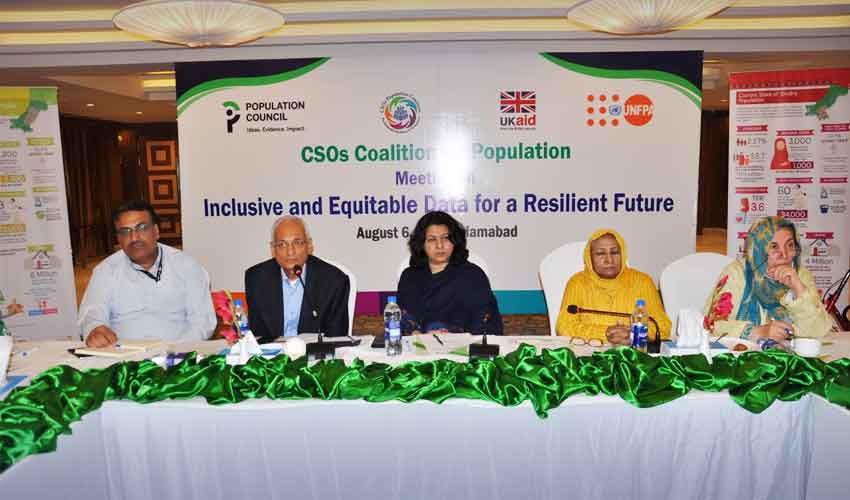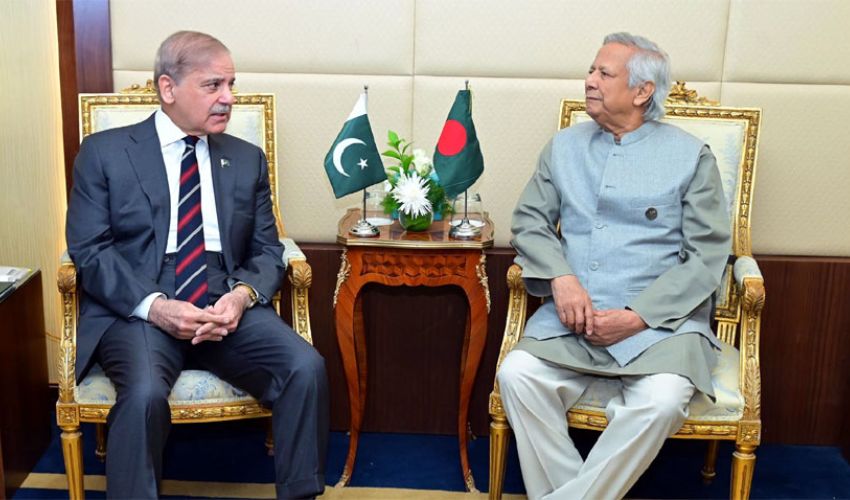The Coalition of Civil Society Organizations (CSOs) on Population has reminded the government of the key Council of Common Interests (CCI) decisions on the use of data to maintain progress towards reducing population growth rate, lowering fertility, and increasing contraceptive prevalence rate as included in National Action Plan on population.
The coalition asserted that both public and private data must be integrated to effectively measure progress on the implementation. Policies and initiatives related to population planning must be targeted to ensure inclusivity, leaving no one behind.
To achieve this, it is imperative that data collected by both public and private organizations be disaggregated by gender, age, socio-economic status, and geographical location. The coalition emphasized the need for integrating diverse data sources to influence policies and programs so that academics and researchers can analyse the data and transform it into meaningful information.
This call to action was discussed in a CSOs Coalition meeting attended by representatives of 25 civil society organizations working in the fields of family planning, health, population, environment, education, women empowerment, and rural development.
During the meeting, it was highlighted that Pakistan ranks 137 out of 166 countries in the SDGs ranking with a score of 57.02, and only 20% of the SDGs indicators are on track. The continuous flow of accurate information is imperative for the nation's efforts to achieve sustainable development goals (SDGs) and improve the overall well-being of its people.
Regular data collection and dissemination empower policymakers to monitor progress, identify shortcomings, and make necessary adjustments to strategies aimed at sustainable development. The coalition members agreed to collaborate on enhanced data collection methods, integrating them to improve the well-being of communities and ensure no one is left behind.
The Integrated Health and Population Dashboard (IHPD), developed by the Population Council, was introduced as a significant tool for data innovation and accountability, crucial for the formulation and implementation of informed policies to improve family planning and health indicators.
The IHPD, adopted by the Sindh and Khyber Pakhtunkhwa governments, consolidates different datasets in one place, enhancing data accessibility and transparency. Coalition members were urged to connect their data systems with the IHPD to integrate their collective efforts for the overall development of the country.
The meeting also reached a consensus on the need for collective efforts from civil society to establish a robust data regime. Such a regime is pivotal for enrolling out-of-school children, especially girls, increasing female labor force participation, and empowering women. Additionally, the crucial role of CSOs in advocating for voluntary family planning through their work in education, family planning, climate change, women empowerment, and rural development was highlighted.
The meeting was also attended by the assistant country representative of the United Nations Population Fund (UNFPA), who provided valuable insights on the subject.



























